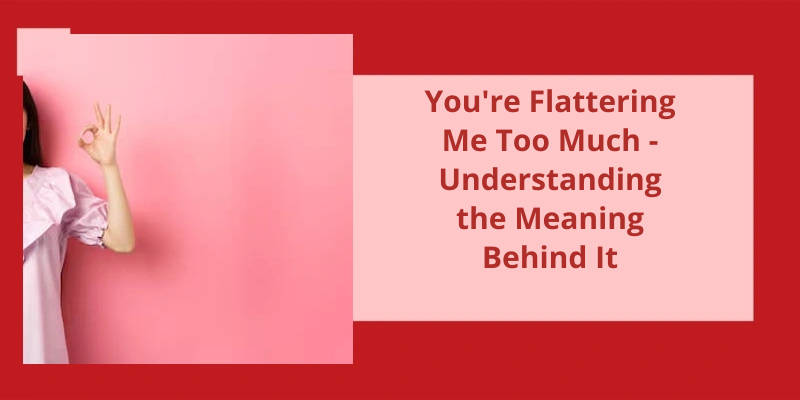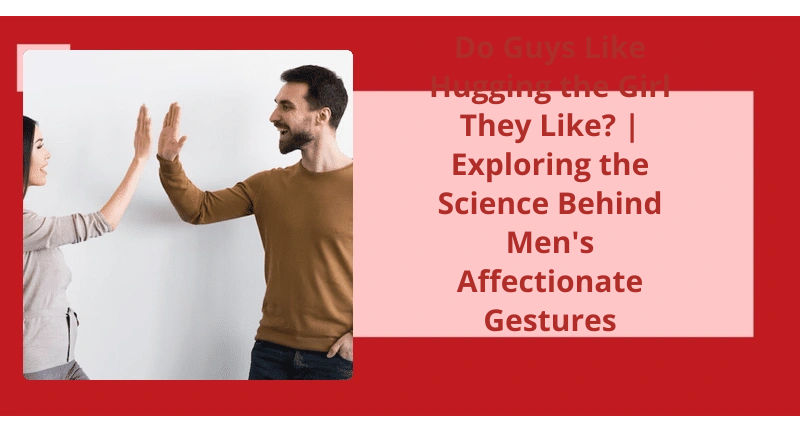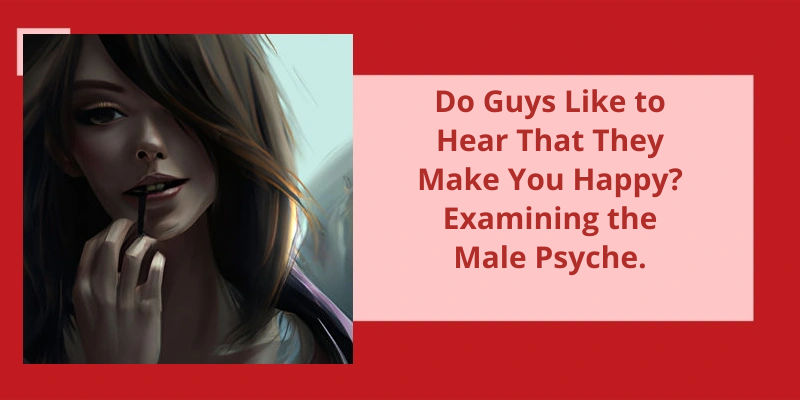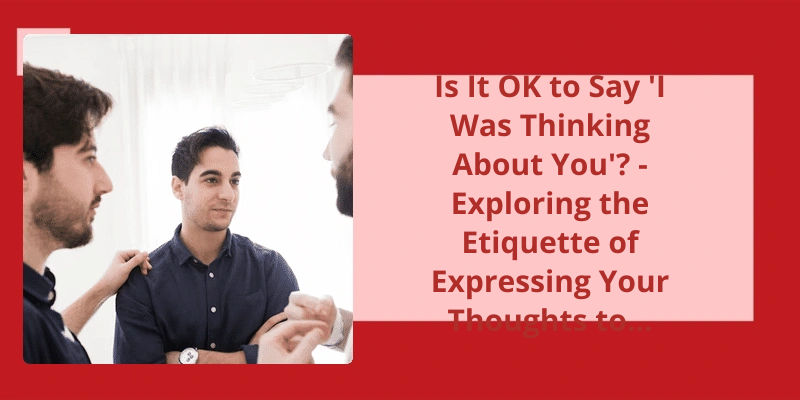In social interactions, the act of flattery holds a peculiar position, as it dances delicately between admiration and insincerity. When someone showers us with excessive praise and compliments, we may find ourselves caught in a whirlwind of mixed emotions, questioning the true intentions behind the kind words.
Is Flattering a Positive Word?
Flattery, as a concept, is often seen as a double-edged sword. It’s interpretation and connotations are subjective, making it a word that can be viewed positively or negatively depending on the context. Generally, flattery refers to the act of complimenting someone with underlying motives, often insincere or manipulative. When someone says, “thank you for your flattering,” they’re acknowledging that they perceive the persons words as excessive praise given with ulterior motives.
Differentiating between the two is essential for maintaining healthy and authentic relationships where praise is based on genuine admiration rather than manipulation.
When a guy says you flatter me, it’s important to understand that this response doesn’t imply disbelief or denial. Rather, it signifies the appreciation of a compliment while acknowledging the perceived kindness and generosity behind it. Their response reflects humility and admiration for your kind words, without questioning their sincerity.
When a Guy Says You Flatter Me?
When a guy says “you flatter me,” it often means that they appreciate the compliment you’ve given them, but they may not necessarily agree or believe it to be true. It doesn’t mean they think youre a liar, but rather that they perceive you as kind and generous for saying such nice things about them. This response is often used to modestly deflect the praise, as they may feel uncomfortable accepting such high praise or simply don’t want to seem arrogant.
It’s possible they’ve low self-esteem or struggle to see their own positive qualities, so they find it hard to accept compliments from others. By responding in this way, theyre acknowledging your kind words but may feel unsure about fully embracing them.
Moreover, it’s important to note that everyone interprets compliments differently. Some people find it easier to accept and embrace praise, while others might feel uneasy or self-conscious about it.
Remember, it’s not a dismissal of your kind words, but rather a humble response that says they see you as generous for giving the compliment. So, keep being kind and showering people with compliments, but understand that their response may vary based on their own perceptions and self-image.
Understanding the Psychology Behind Accepting Compliments
Accepting compliments can be a complex psychological process. When someone compliments us, it triggers a mix of emotions and thoughts. We might feel flattered, happy, or even skeptical. Our mind may question the credibility of the compliment or doubt our own self-worth. Some individuals have low self-esteem and struggle to accept compliments genuinely. They may think that the flattery is insincere or that they don’t deserve it.
On the other hand, accepting compliments gracefully can boost our self-esteem and strengthen our relationships. It’s important to recognize that accepting compliments doesn’t mean we’re bragging or being arrogant. Instead, it allows us to acknowledge our positive qualities and the efforts we put into achieving them.
Understanding the psychology behind accepting compliments involves recognizing that they’re often a reflection of the giver’s genuine appreciation or admiration. Instead of deflecting or downplaying compliments, it can be helpful to simply say thank you and accept the kind words with gratitude. By doing so, we allow ourselves to fully appreciate our own worth and establish positive connections with others.
How Do You Respond to You Flatter Me Too Much?
” I suppose I cant help but be flattered.”. Alternatively, if you want to maintain a more casual tone, you could respond with, “Well, now youre just making me blush!”
When someone tells you “Youre flattering me too much,” it often indicates that they feel overwhelmed or undeserving of the praise they’re receiving. In this situation, it’s important to respond in a way that acknowledges their discomfort while also showing appreciation for their kind words. By saying phrases like “You don’t need to flatter me” or “Please, you’re too kind,” you’re reassuring the person that their words are indeed flattering but also reminding them that they don’t have to go overboard with the compliments.
Another aspect to consider when responding to flattery is the intention behind the persons words. Sometimes people genuinely mean what they say and want to express their admiration, while other times flattery can be used as a manipulation tactic. By acknowledging the compliment and responding in a humble manner, you can help maintain a positive dynamic and encourage genuine communication.
Humor can also be a valuable tool when responding to excessive flattery. By saying something playful like “Flattery will get you everywhere,” you’re lightening the mood and showing that you understand the persons intent without necessarily taking all the praise too seriously. This can help diffuse any potential feelings of discomfort and create a more lighthearted atmosphere.
The important thing is to be mindful of their feelings, acknowledge their words, and respond in a way that shows gratitude without making them feel overwhelmed.
Source: When someone praises me awkwardly too much, how to reply?
Conclusion
When someone indulges in flattery, their intentions may range from seeking favor and approval to manipulating others for personal gain. It’s crucial to decipher the underlying motives behind such exaggerated praise, as it can provide important insights into the dynamics of relationships and interactions. By recognizing when flattery is being employed, one can navigate these situations with a heightened sense of discernment, avoiding potential pitfalls and maintaining a genuine connection with others.






